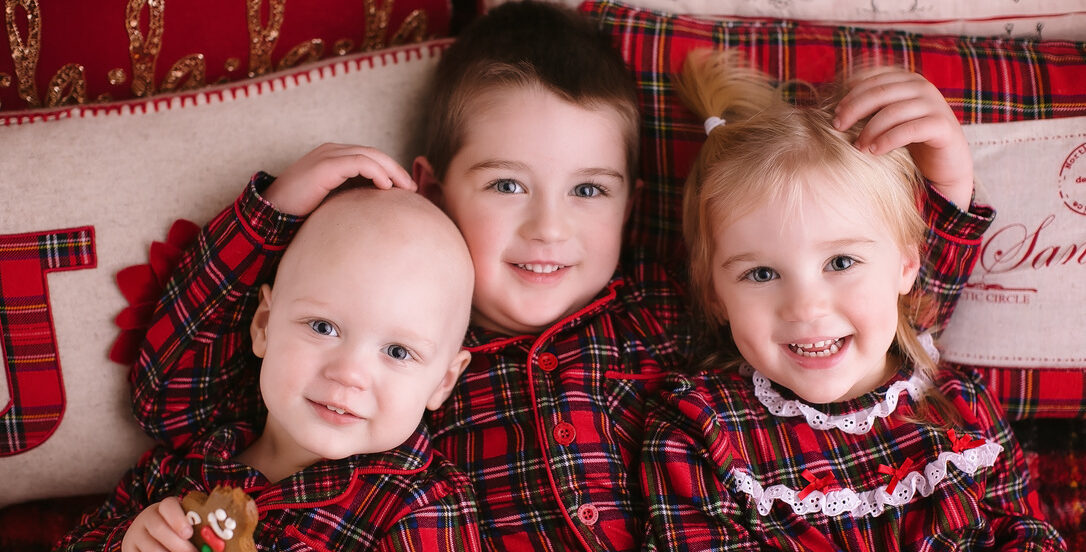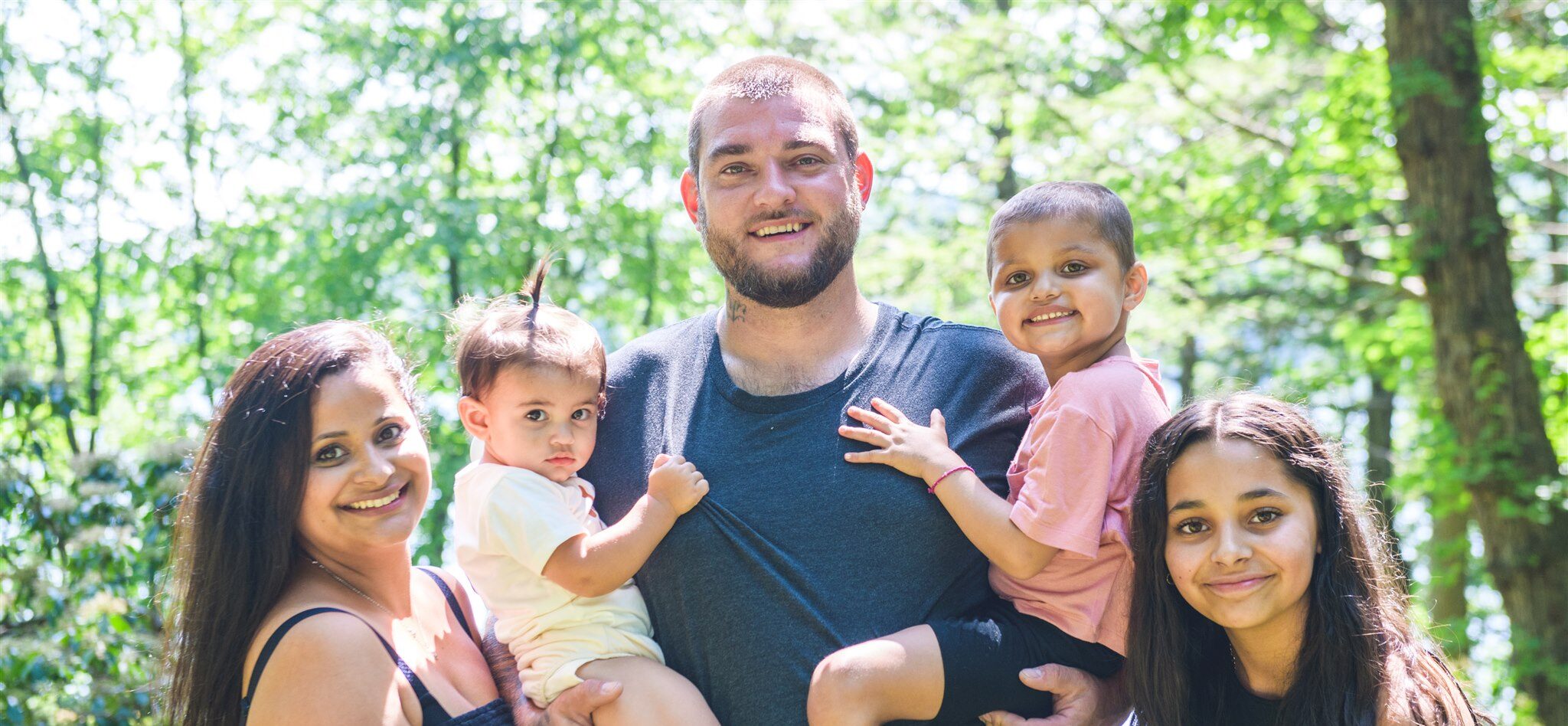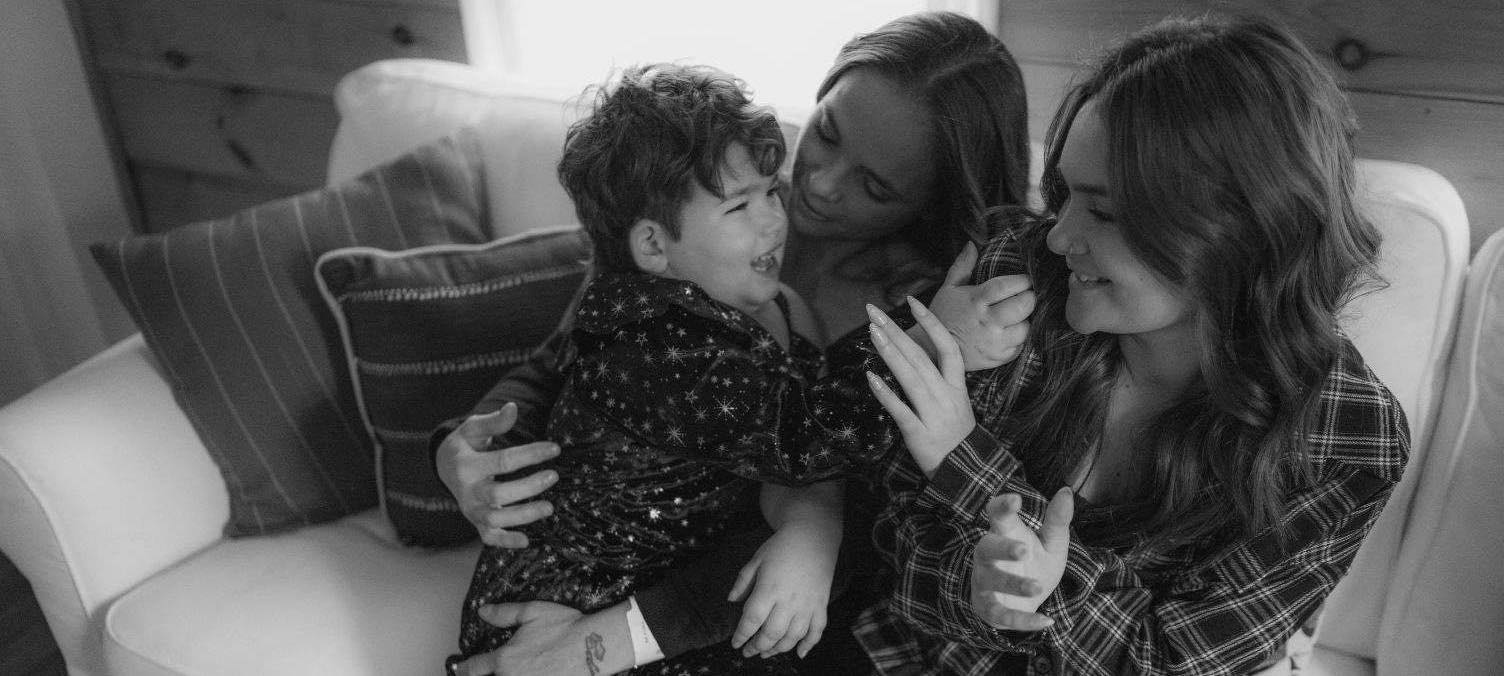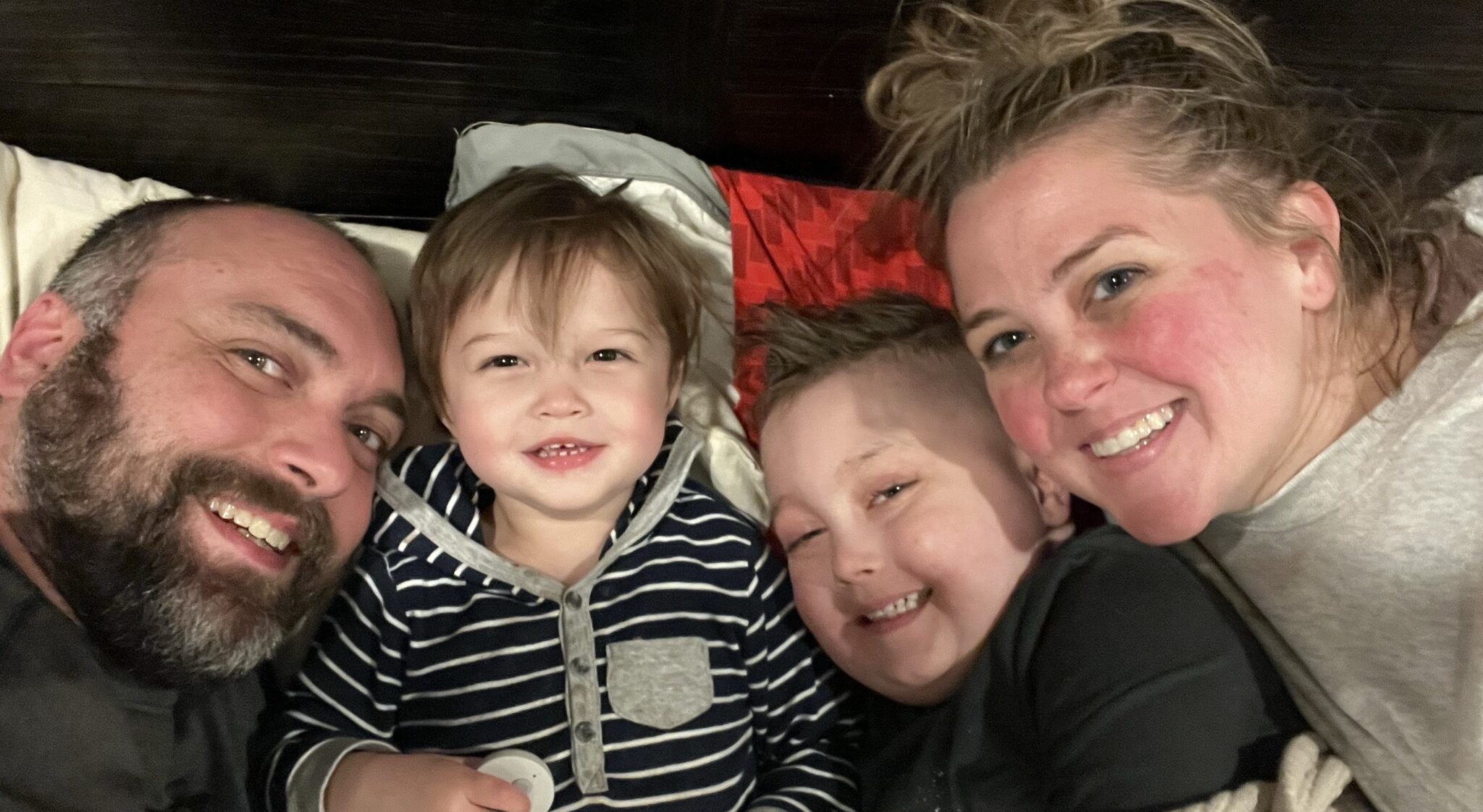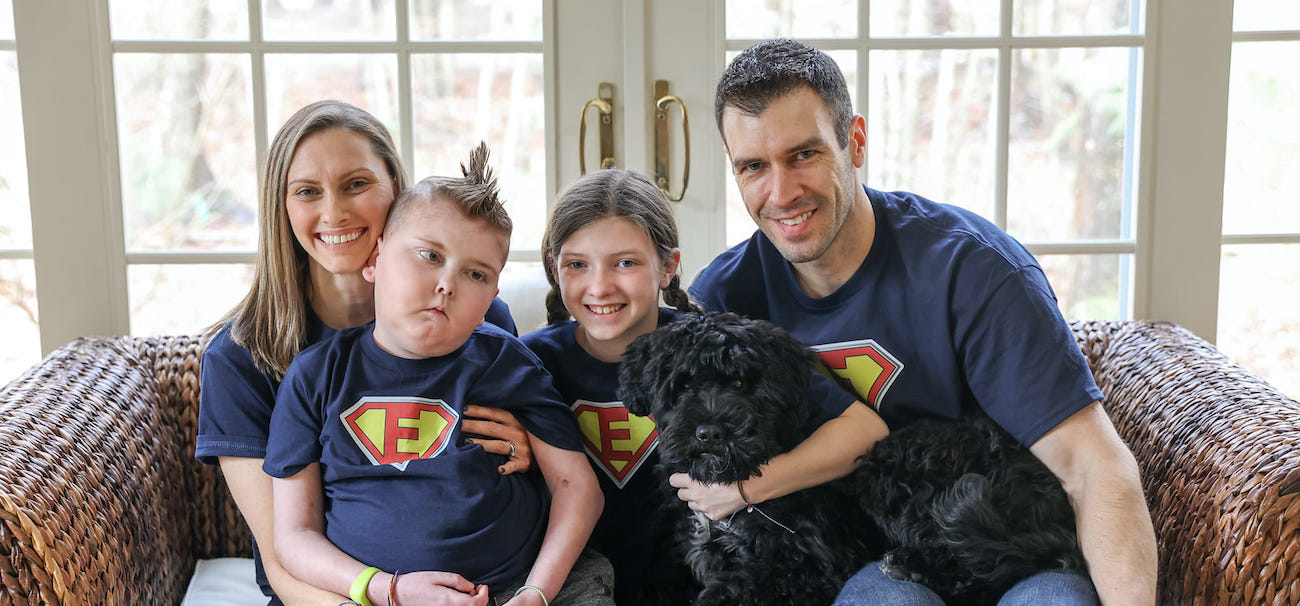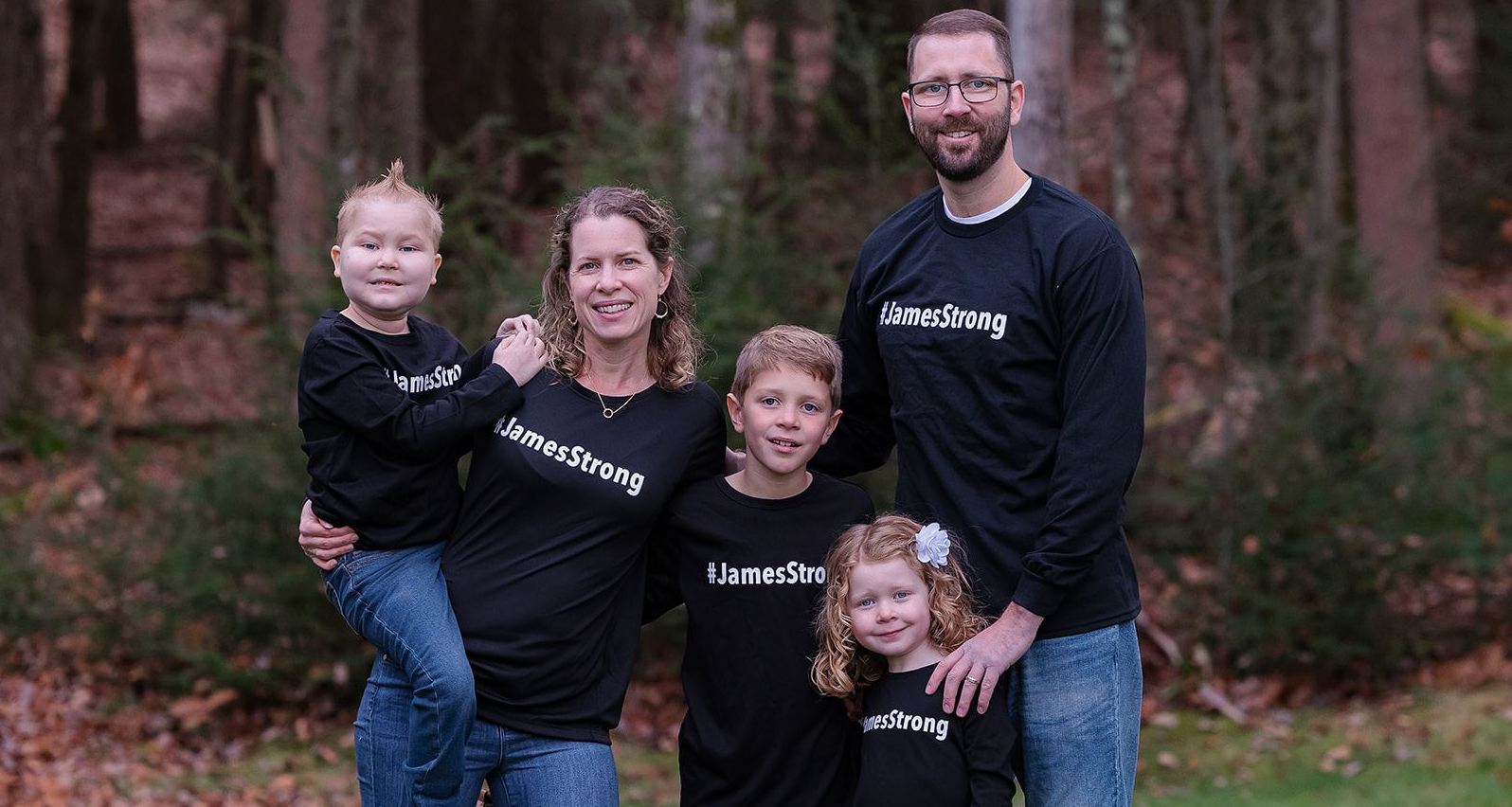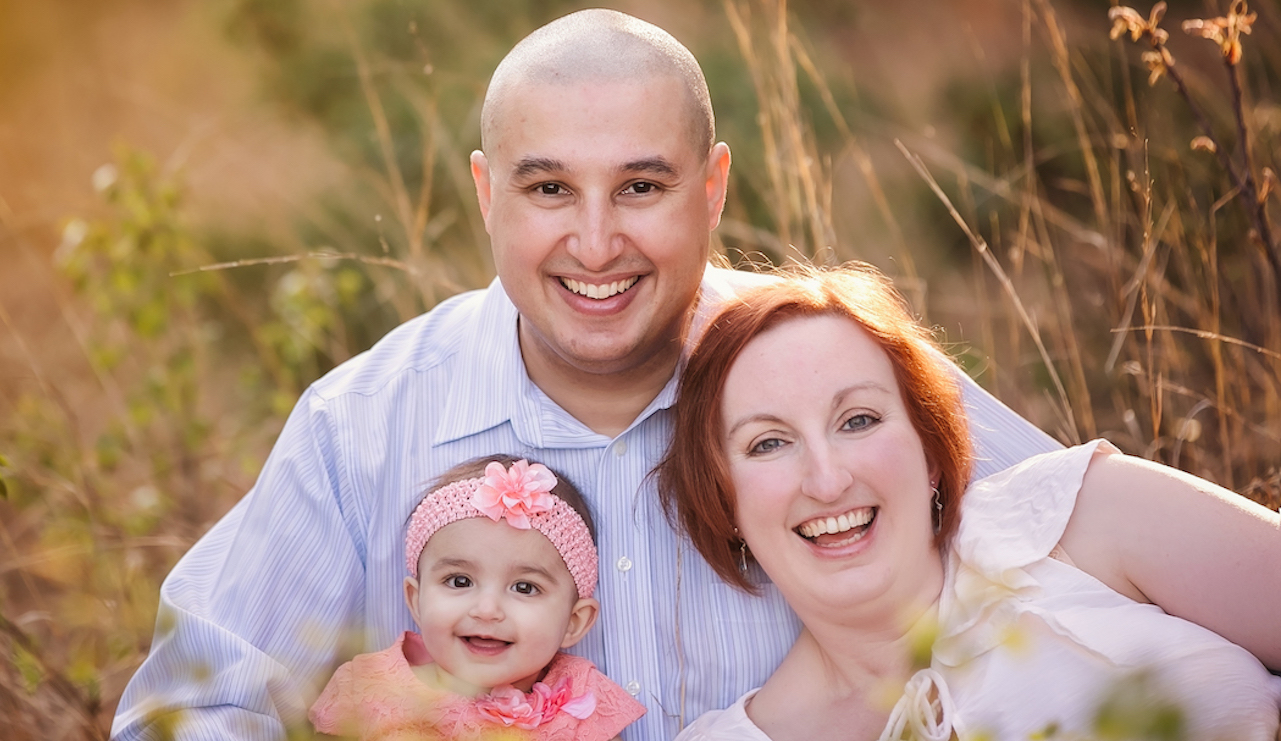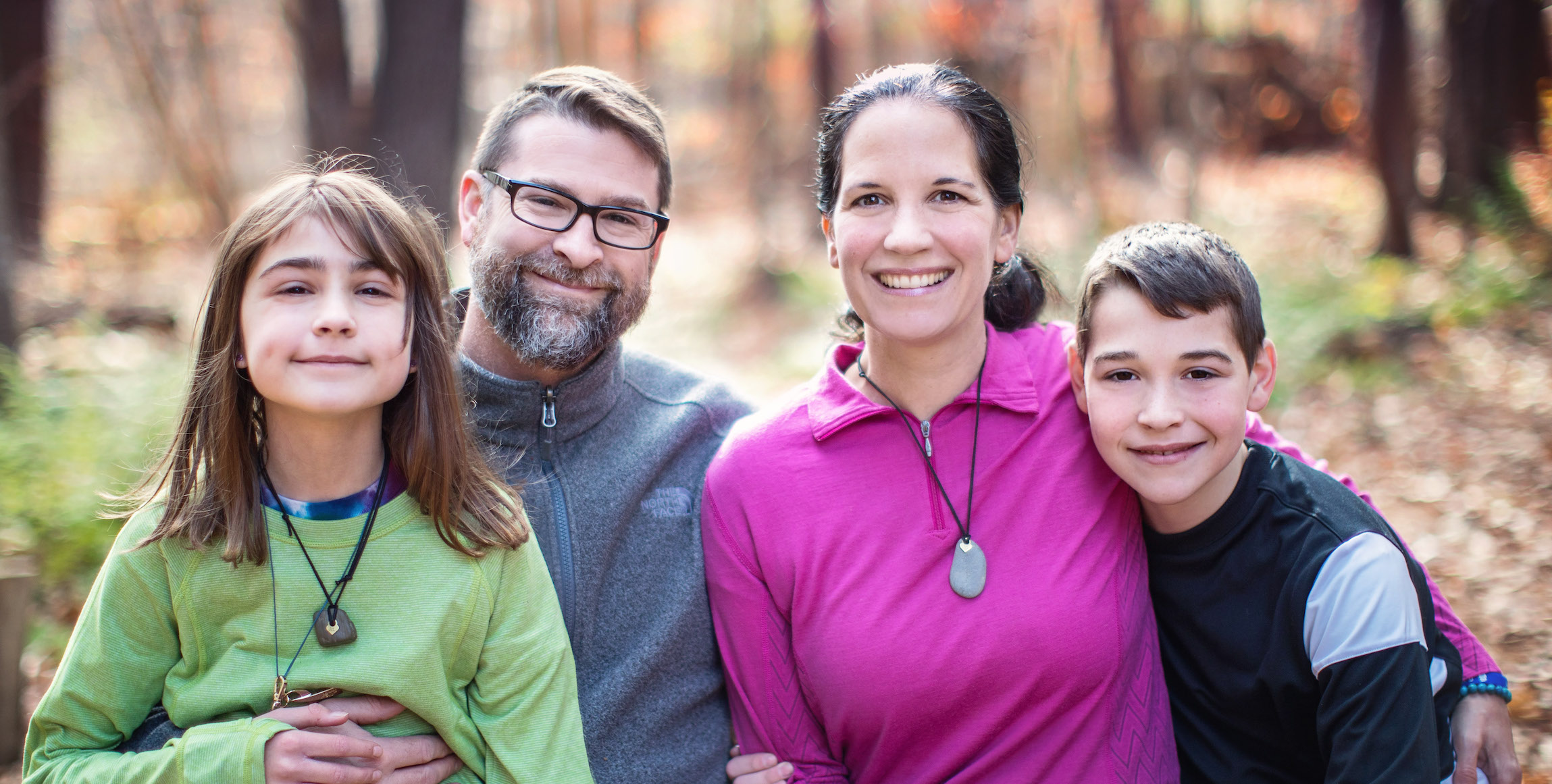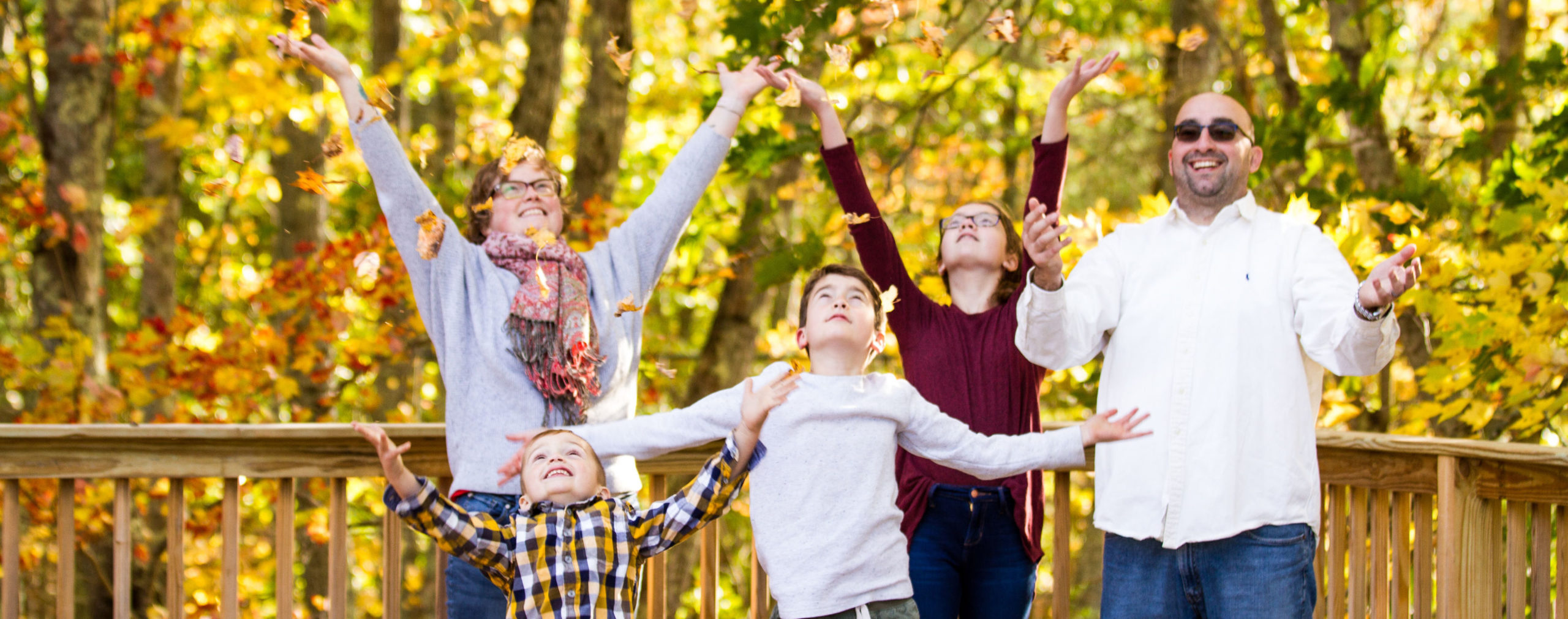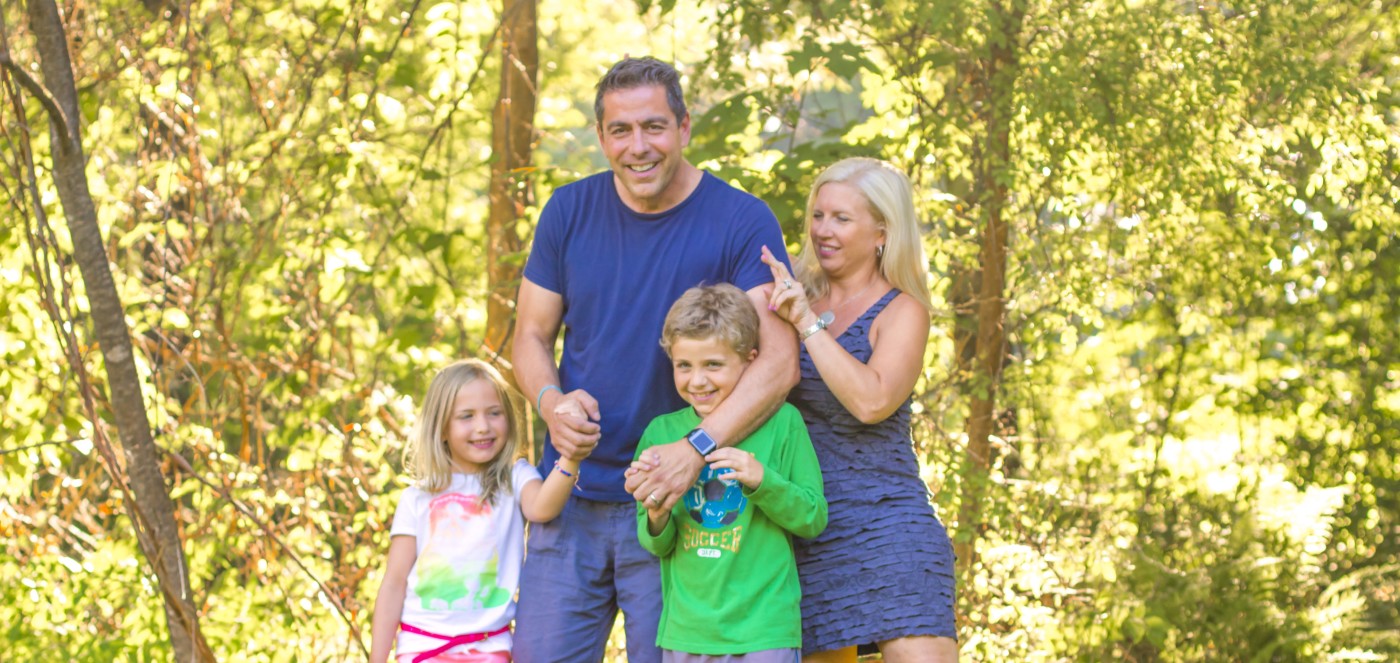The Iselin Family
A diagnosis of Acute Lymphoblastic Leukemia (ALL) isn’t typically a life sentence for a child. In fact, the 5-year survival rate for U.S. ALL patients younger than age 15 increased from 80.2% to 87.5% between 1990 and 2000. It’s referred to as “the good cancer” in children. And while that does offer some relief to … Read more

